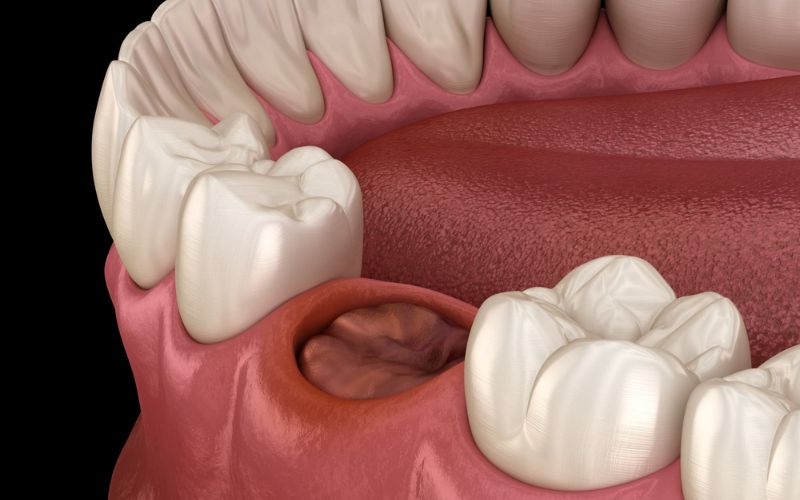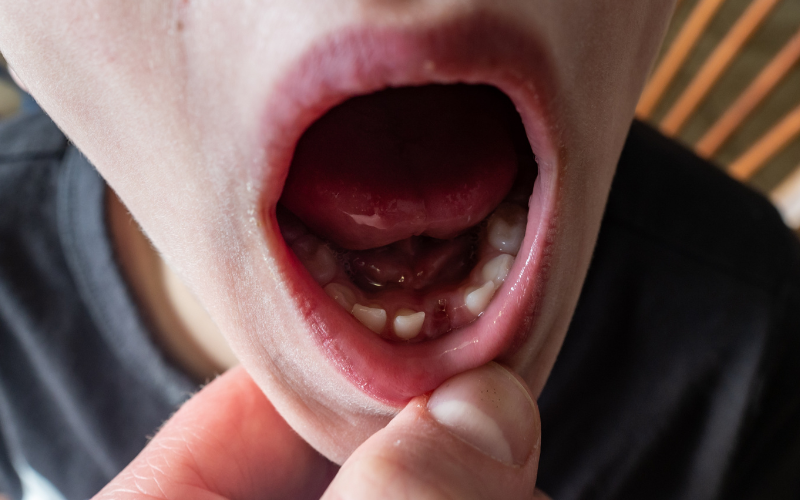Brentwood: (615) 235-1966

Top 5 Factors That Increase Your Risk of Dry Sockets
Brentwood and Lewisburg, TN

Imagine finally getting that bothersome tooth extracted, only to find yourself facing another dental issue—dry sockets. This painful condition can prolong your recovery and increase discomfort significantly. Understanding the factors that contribute to dry sockets can help you prevent this complication and ensure a smoother healing process.
What Are Dry Sockets?
Before delving into the risk factors, it’s essential to grasp what dry sockets are. Also known as alveolar osteitis, dry sockets occur when the blood clot that forms in the extraction site either dissolves prematurely or fails to form altogether. This exposes the underlying bone and nerves to air, food particles, and fluids, leading to intense pain and delayed healing.
1. Smoking
One of the most significant risk factors for developing dry sockets is smoking. Nicotine and other chemicals in cigarettes restrict blood flow and impair the body’s ability to heal properly. According to studies, smokers are significantly more likely to experience dry sockets after tooth extraction compared to non-smokers.
Smoking not only delays the formation of the blood clot but also increases the chances of it dislodging prematurely. To minimize this risk, dentists in Brentwood recommend quitting smoking well in advance of any planned dental procedures.
2. Oral Contraceptives
For those using oral contraceptives, the risk of dry sockets post-extraction is notably higher. Hormonal changes associated with birth control pills can affect blood clotting mechanisms in the body. It’s crucial to inform your dentist about any medications you’re taking, including contraceptives, to assess and mitigate this risk.
3. Poor Oral Hygiene
Maintaining good oral hygiene is paramount for preventing a host of dental issues, including dry sockets. Inadequate brushing and flossing can lead to bacterial buildup around the extraction site, increasing the likelihood of infection. Dentists Brentwood advise gentle brushing around the extraction area and using a prescribed mouthwash to keep bacteria at bay.
4. Trauma During Extraction
Extraction procedures that involve significant trauma to the surrounding gum tissue and bone increase the risk of dry sockets. This trauma can disrupt the blood clot formation or dislodge an existing clot. Choosing an experienced dentist in Brentwood who uses gentle extraction techniques can help minimize this risk.
5. Previous History of Dry Sockets
If you’ve had dry sockets in the past, you’re more susceptible to experiencing them again. Certain individuals may have anatomical factors that predispose them to this condition, such as shallow extraction sockets or dense bone structure. Informing your dentist about your medical history allows them to take proactive measures to prevent recurrence.
Understanding the factors that contribute to dry sockets empowers you to take proactive steps in preventing this painful condition. Whether it’s quitting smoking, discussing medications with your dentist, maintaining good oral hygiene, choosing a skilled dentist, or informing them about your medical history, each step plays a crucial role in minimizing your risk.
If you’re in Brentwood and facing dental extractions, consult with a knowledgeable dentist who can guide you through the process and help mitigate the risk of dry sockets. Your dental health is worth the effort to prevent complications like dry sockets.



